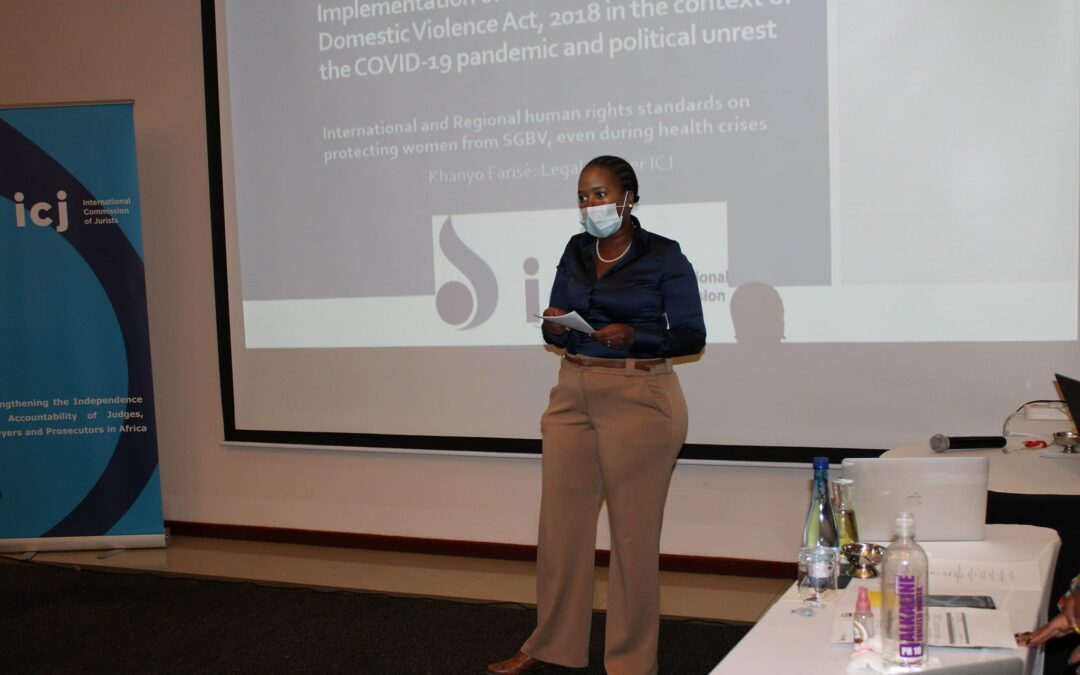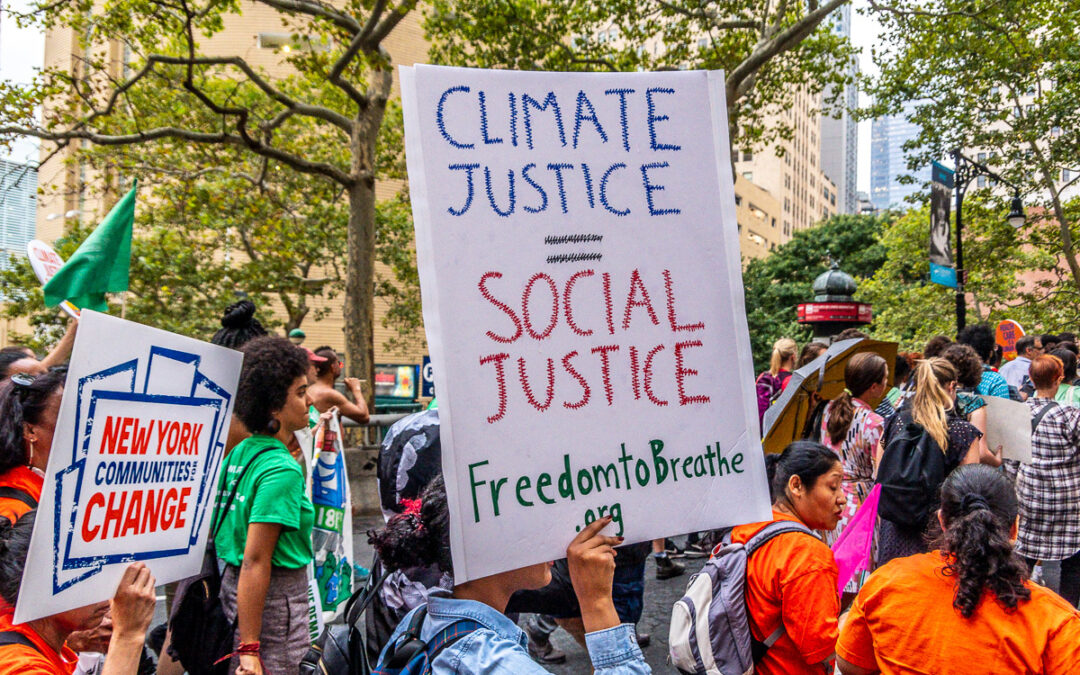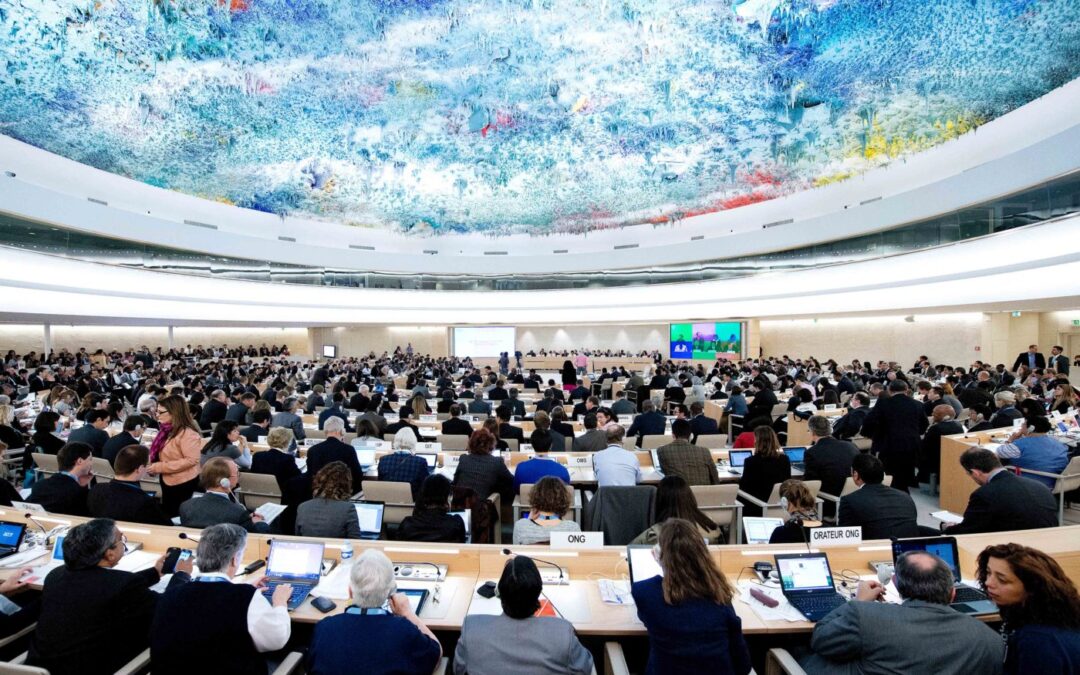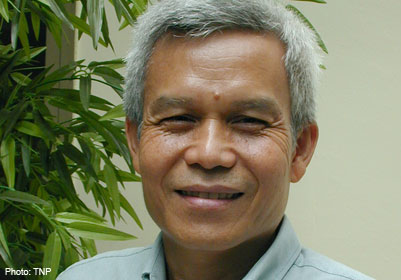On 8 December 2021, ICJ alongside 20 other civil society organisations sent a letter to Frances Haugen, the former Facebook employee who spoke out about the tech giant’s business model and the problems it raises for human rights, inviting her to speak and exchange ideas with us. We believe that engaging with civil society is crucial in order to find solutions that work for businesses and individuals alike.

Nov 22, 2021 | News, Non-legal submissions
During a recent visit to Eswatini from 2 to 5 November 2021, the International Commission of Jurists (ICJ) engaged with civil society organizations, lawyers, the Swaziland Human Rights Commission and government officials on the local human rights record. The ICJ subsequently filed a submission to the ACHPR documenting its findings, and supported the drafting of a separate submission by the Foundation for Socio-Economic Justice (FSEJ) in Swaziland. These submissions draw on the ICJ’s human rights work on Eswatini over more than a decade, as well as on the FSEJ’s continued human rights advocacy and monitoring in context of the current pro-democracy protests.

Oct 21, 2021 | News, Non-legal submissions
The Thai government must ensure that measures taken with the purpose of containing the COVID-19 pandemic do not impede access to justice and the operation of the courts, the ICJ said in a briefing paper issued today.










